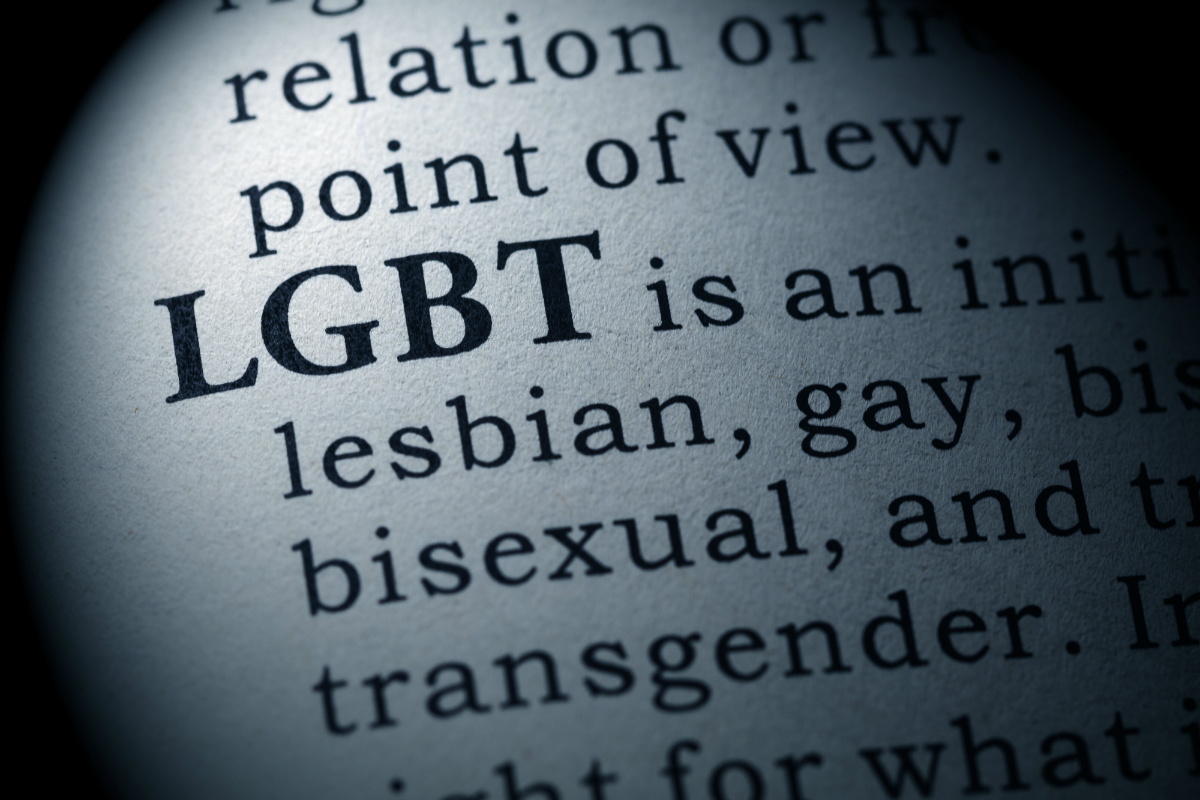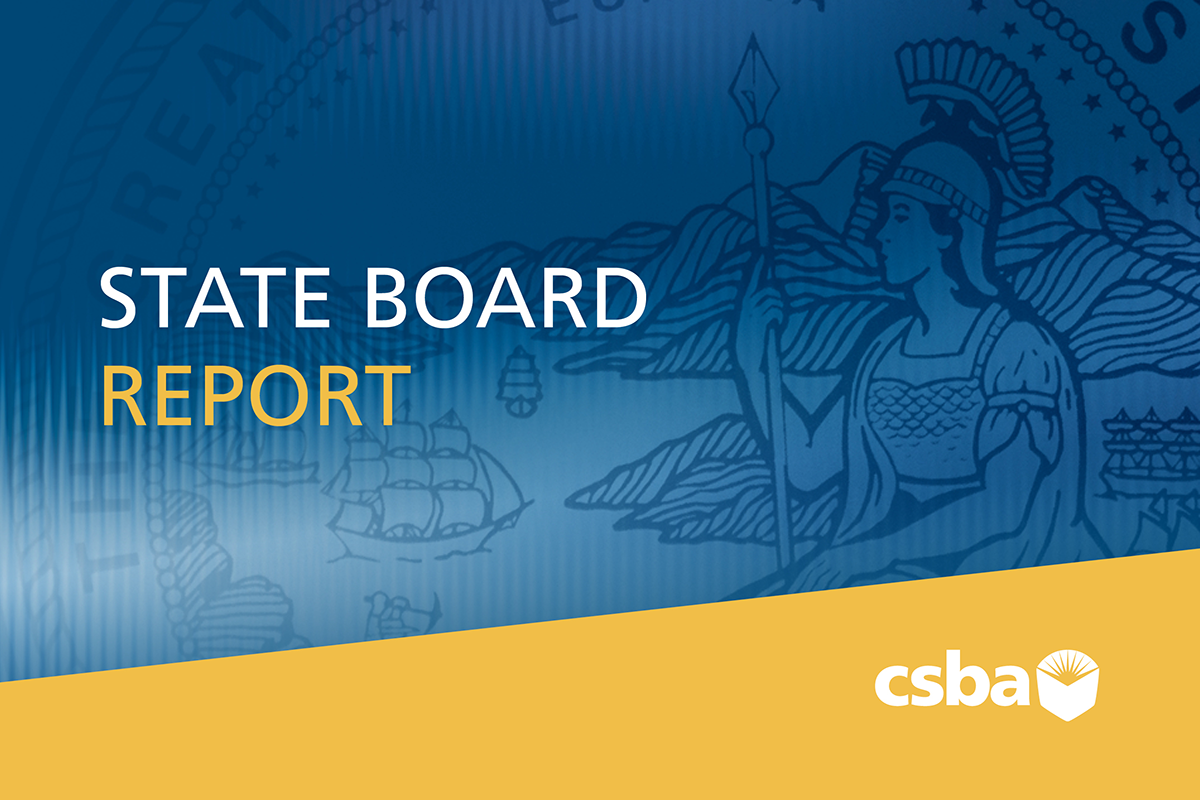At its Sept. 28 meeting, the Instructional Quality Commission (IQC), an advisory body to the State Board of Education that makes recommendations about curriculum and instruction, approved 10 of 12 K-8 social studies textbook series containing material about the lives of lesbian, gay, bisexual and transgender (LGBT) individuals. High school materials will be considered for adoption next year.
These newly approved textbooks are a next step in the implementation of Senate Bill 48, also known as the Fair, Accurate, Inclusive, and Respectful Education Act (FAIR Education Act), a law which took effect in 2012. Under the FAIR Education Act, California K-12 history and social studies curriculum must include “a study of the role and contributions of both men and women, Native Americans, African Americans, Mexican Americans, Asian Americans, Pacific Islanders, European Americans, lesbian, gay, bisexual, and transgender Americans, persons with disabilities, and members of other ethnic and cultural groups, to the economic, political, and social development of California and the United States of America, with particular emphasis on portraying the role of these groups in contemporary society.”
“The FAIR Education Act requires true, full inclusion … of LGBTQ people and families,” said Jo Michael, legislative manager at Equality California, one of the many LGBT advocacy organizations involved in the textbook selection process. He added that Equality California was “very pleased” with the IQC’s decision. The IQC’s recommendations will be considered for approval by the State Board of Education at its November meeting.
Until now, it has been up to individual districts to try to deliver curriculum that adheres to the FAIR Education Act, which has resulted in piecemeal implementation. LGBT advocacy groups hope that these new textbooks will provide school districts with the tools they need to comply with the law.
“There’s a lot that needs to be done to really fully implement this on the ground and to make it so that these textbooks really resonate with students,” said Michael. “That’s an important role for school board members — to make sure that these changes to the law, to the framework and to the textbooks really actually make a difference in the classroom, and make it so that not only do LGBTQ students who are actually members of the community themselves can see themselves reflected in classroom discussion, but so that all students can learn about LGBTQ people and have a sense of what that means in the context of history and what that means for them today as they are growing up.”
Many LGBT students face hostile school climates across the country. In a 2015 nationwide survey conducted by GLSEN, eight in 10 LGBT students reported that they attend a school with LGBT-related discriminatory policies or practices. California is the first state in the nation to mandate LGBT-inclusive curriculum.
For more information on how to build LGBT-inclusive school climates, visit CSBA’s blog post on protecting LGBT students.




